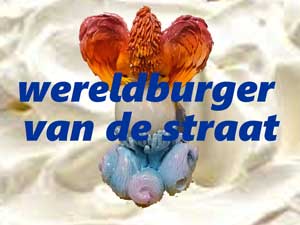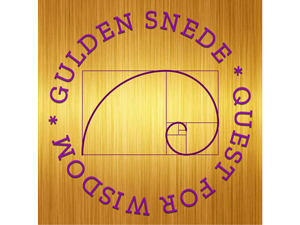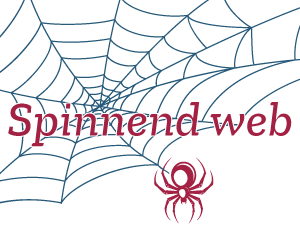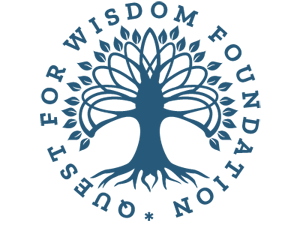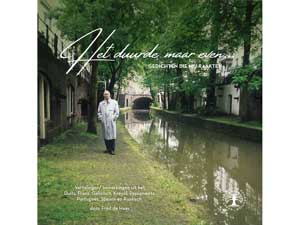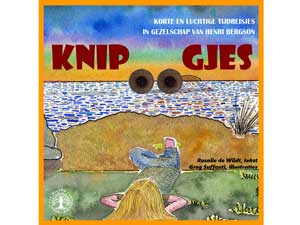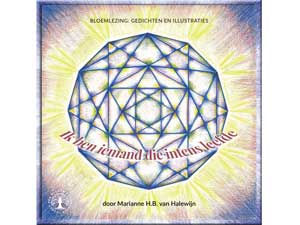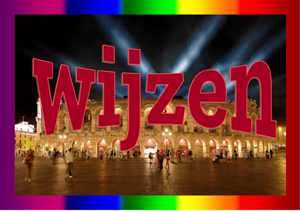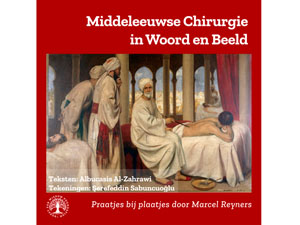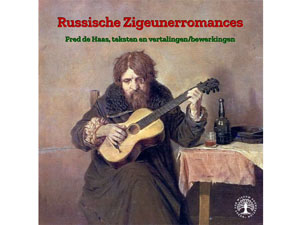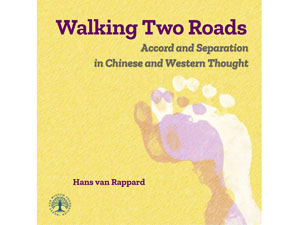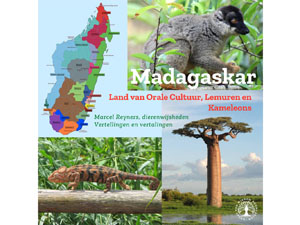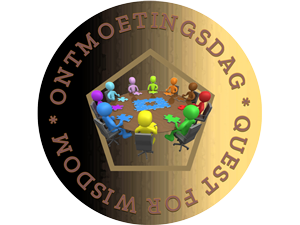An exhibition tells another story of the Medieval period
The medieval epoch shouldn’t only be envisioned through a European lens
Seph Rodney, March 15, 2019, Evanston, Illinois, Source: Exhibition Tells Another Story
Hoofdredactie
De Quest for wisdom foundation deelt met genoegen dit verslag over een tentoonstelling in New York met Middeleeuwse kunstschatten Mali, die het dominante perspectief op de geschiedenis vanuit een Eurocentrisch perspectief doet kantelen naar een centrering van Afrika.
De schrijver heeft zich laten inspireren door wat de beelden van terracotta, houten tentpalen, textiel, … en andere historische sporen te zeggen hebben over een soort Afrikaanse ‘zijderoute’ door de Sahara, een geschiedschrijving ‘van binnenuit’. Een bijzonder inkijkje over een interculturele levenskunst, waarbij de archeologische verbeeldingskracht de spil vormt:
“But how does this history become visible and legible? This is where the fragments come in. It requires that archaeological imagination to see through the fragments the greater story.”

Can you picture the richest person ever in our collective recorded history?
Would that picture change if you were told that he ruled the Empire of Mali in the 14th century? Might it change again if you were informed that he was a devout Muslim?
These historical tidbits, I suspect, in the hands of another organization’s marketing team, might be widely advertised to bait potential visitors to the Block Museum’s current exhibition Caravans of Gold, Fragments in Time.
If they had held out Mansa Musa as the legendary sovereign of the stupendously wealthy Malian Empire in West Africa and broadcasted how he conquered 24 cities during his reign, the Block might have attracted curio-seekers who enjoy being regaled by tales of riches extravagantly displayed and spent. (Status envy is an itch that feels good to scratch though one always bleed at the end; think of how people love to hate-watch the Kardashians.)
Exhibition: Caravans of Gold, Fragments in Time: Art, Culture, and Exchange across Medieval Saharan Africa continues at the Block Museum (on the campus of Northwestern University, 40 Arts Circle Drive, Evanston, Illinois) through July 21.
Read more: In Centering West Africa


